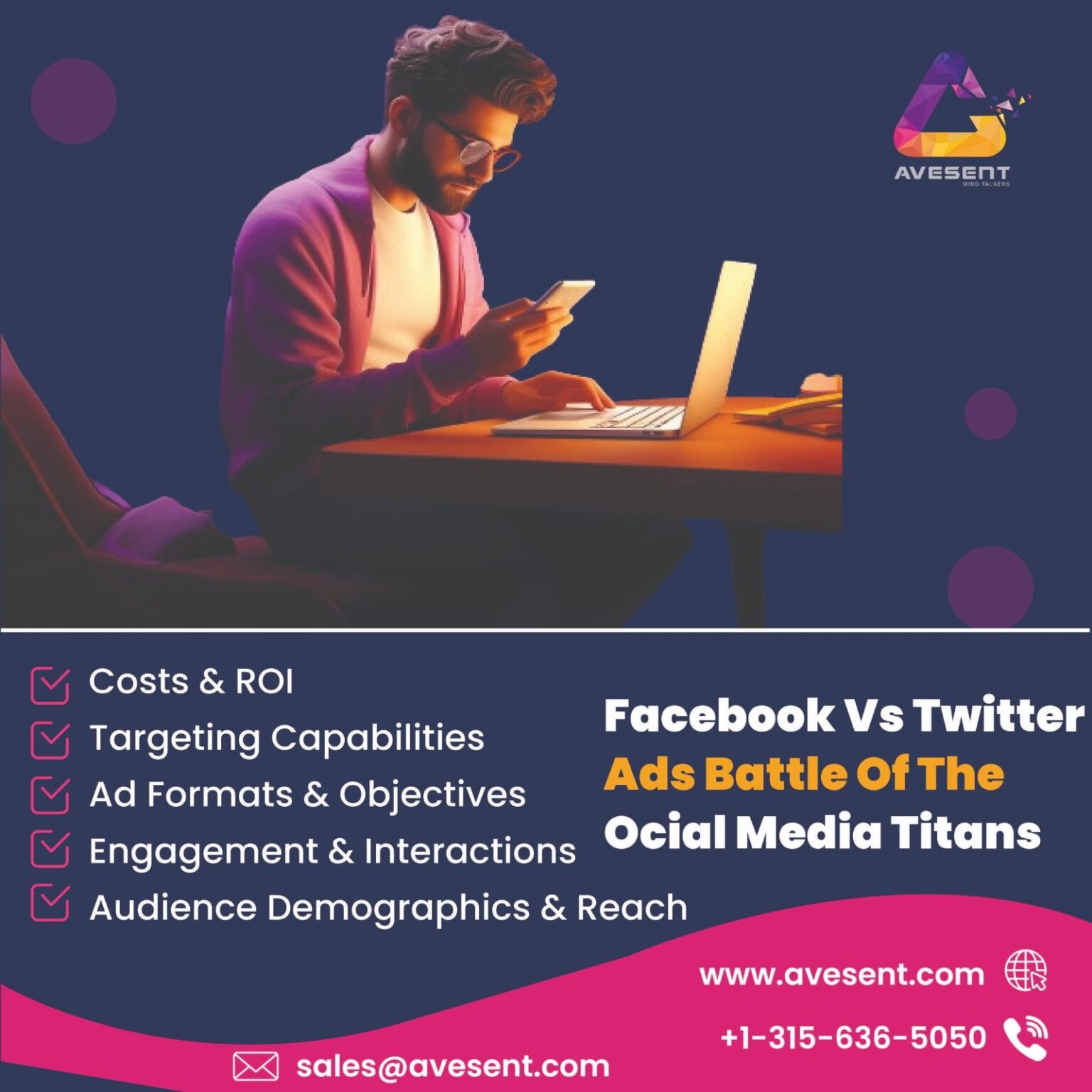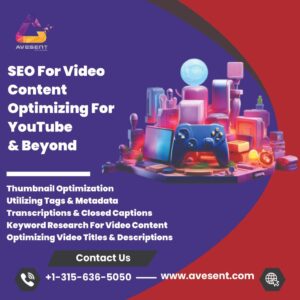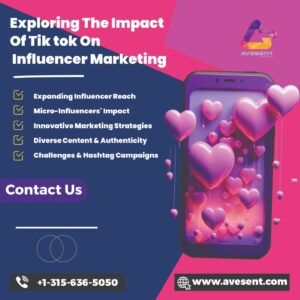In the realm of digital advertising, Facebook and Twitter stand as giants, offering powerful ad platforms that enable businesses to reach a vast audience. However, each platform possesses distinct characteristics, targeting options, and user demographics. Understanding the nuances between Facebook and Twitter ads is crucial for businesses looking to invest their advertising budgets effectively. Let’s delve into the battle of these social media titans in the advertising arena, exploring their strengths, differences, and potential, especially in collaboration with digital agencies.
Audience Demographics and Reach:
Facebook boasts an extensive user base with diverse demographics, making it ideal for reaching a wide range of audiences. It caters well to various age groups, especially older demographics. On the other hand, Twitter attracts a more tech-savvy and younger audience, emphasizing real-time conversations and trends. Collaborating with digital agencies helps businesses understand and target the right demographics on each platform.
Ad Formats and Objectives:
Facebook offers a variety of ad formats, including image ads, carousel ads, video ads, and more. It caters to diverse marketing objectives, from brand awareness to lead generation. Twitter, known for its concise and timely content, offers ad formats like promoted tweets, hashtags, and trends, focusing on driving engagement and conversation. Digital agencies assist in choosing the most suitable ad formats aligned with business goals.
Targeting Capabilities:
Facebook provides robust targeting options, allowing advertisers to target users based on demographics, interests, behaviors, and even custom audiences. Its detailed targeting capabilities enable precise audience segmentation. Meanwhile, Twitter emphasizes interest-based targeting and allows ad targeting based on keywords, hashtags, and followers. Collaborating with digital agencies ensures effective use of targeting capabilities on both platforms.
Engagement and Interactions:
Facebook encourages engagement through likes, comments, and shares, fostering a sense of community around content. Its algorithm prioritizes content based on user interactions. Conversely, Twitter revolves around real-time conversations, retweets, and hashtag usage, emphasizing immediacy and trending topics. Digital agencies strategize engagement tactics tailored to each platform’s dynamics.
Costs and ROI:
The cost of advertising on Facebook and Twitter varies based on bidding strategies, targeting, and ad objectives. Generally, Facebook tends to have a higher cost-per-click (CPC) but offers potentially broader reach, while Twitter often has a lower CPC but might require higher engagement efforts for conversions. Digital agencies assist in optimizing ad budgets for maximum ROI on both platforms.
Analytics and Measurement:
Both platforms provide analytics tools to measure ad performance, including metrics like impressions, clicks, conversions, and engagement rates. Facebook’s Ads Manager and Twitter Analytics offer insights into campaign performance, aiding in refining strategies. Collaborating with digital agencies utilizes data-driven insights for continuous optimization and performance measurement.
Ad Transparency and Brand Safety:
Facebook and Twitter have implemented measures to enhance ad transparency and brand safety. They provide tools for ad verification, audience insights, and ad content monitoring. Digital agencies ensure compliance with platform guidelines and implement strategies aligned with brand safety.
Cross-Platform Integration and Strategy:
Leveraging both Facebook and Twitter ads in a coordinated strategy can amplify reach and engagement. Cross-platform integration allows businesses to target different audience segments and optimize ad performance across platforms. Digital agencies specialize in devising cohesive cross-platform strategies that complement each platform’s strengths.
Understanding the intricacies of Facebook and Twitter ads empowers businesses to leverage the strengths of each platform effectively. Collaborating with digital agencies provides businesses with expertise in navigating these advertising landscapes, enabling them to tailor strategies that align with their goals, reach their target audience, and maximize ROI across these social media titans.




